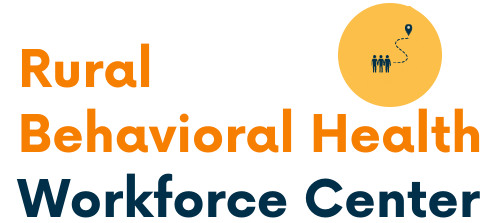
Maine Rural Behavioral Health Workforce Center
Home Maine Alcohol and Drug Counselor
-
Prerequisites
- 18 years or older
- High school or higher education level
-
Step 1
Complete qualifying hours
- Hours worked at an agency or facility that is licensed as an alcohol and drug treatment where you could practice under someone licensed and eligible to sign off on the supervision requirement
-
Alcohol and Drug Counseling Aid (ADCA) Track
-
Step 1
Apply for Alcohol and Drug Counseling Aid Licensure
- Complete and submit application
All necessary information can be found in the application
- Complete and submit application
-
Certified Alcohol and Drug Counselor (CADC) Track
-
Prerequisite
- Have at least an associate degree from accredited school in approved field
OR
- 30 credit hours from an accredited school in approved subjects.
OR
- Get a Mental Health Rehabilitation Technician/ Community (MHRT/C) or Substance Abuse Rehabilitation Technician (SART certification).
OR
- Get required 4000 qualifying hours.
-
Step 2
Apply for and pass the Maine IC&RC Alcohol and Drug Counselor (ADC) Exam
-
Step 3
Apply for Certified Alcohol and Drug Counselor Licensure
- Submit application
Complete the application online
- Submit application
-
Licensed Alcohol and Drug Counselor (LADC) Track
-
Prerequisite
- Have an associate's or a bachelor's degree
OR
- Have a bachelor's degree
- Have at least 18 credit hours of course work in Addiction Counseling or Have a Certified Alcohol and Drug Counselor (CADC) License
or
- Have a master's degree
OR
- Have a master's degree
- Have at least 12 credit hours of course work in Addiction Counseling
-
Step 1
Complete supervisory work
- Complete 4000 qualifying hours
OR
- Complete 2000 qualifying hours
OR
- Complete 1500 qualifying hours
-
Step 2
Apply for and pass the Maine IC&RC Advanced Alcohol and Drug Counselor (ADC) Exam
-
Step 3
Apply for Licensed Alcohol and Drug Counselor (LADC)
- Submit application
Complete the application online
- Submit application
-
Certified Clinical Supervisor (CCS) Track
-
Prerequisite
- Have any of the following licensure:
- Licensed Alcohol and Drug Counselor (LADC)
- Licensed Clinical Professional Counselor (LCPC)
- Licensed Clinical Social Worker (LCSW)
- Licensed Marriage and Family Counselor (LMFT)
- Physician
- Psychiatrist
- Registered Nurse
- Licensed Clinical Professional Counselor (LCPC)
- Licensed Marriage and Family Counselor (LMDT)
- Certified Mental Health Professional (CMHP)
- Have any of the following licensure:
-
Step 1
Earn training hours
- 24 hours of Clinical Supervision
- 6 hours in: skills assessment and evaluation, counselor development, management and administration, professional responsibility.
-
Step 2
Earn clinically supervised hours
- Earn 4000 hours
- Earn 2000 hours
- Earn 1000 hours
-
Step 3
Gain experience in alcohol and drug counseling
- Gain 1000 practice hours in alcohol and drug counseling under your qualifying license
OR
- Gain experience in treating individuals with co-occuring mental health and substance use disorders
- Gain at least 3 years' of experience supervising clinicians within a program licensed to provide treatment to individuals with co-occuring disorders
-
Step 4
Apply for Certified Clinical Supervisor License
- Submit license application
Complete the application online
- Submit license application
Become an Alcohol and Drug Counselor
We're going to ask you a few questions to provide you with all the resources you need to start you on your path to certification.